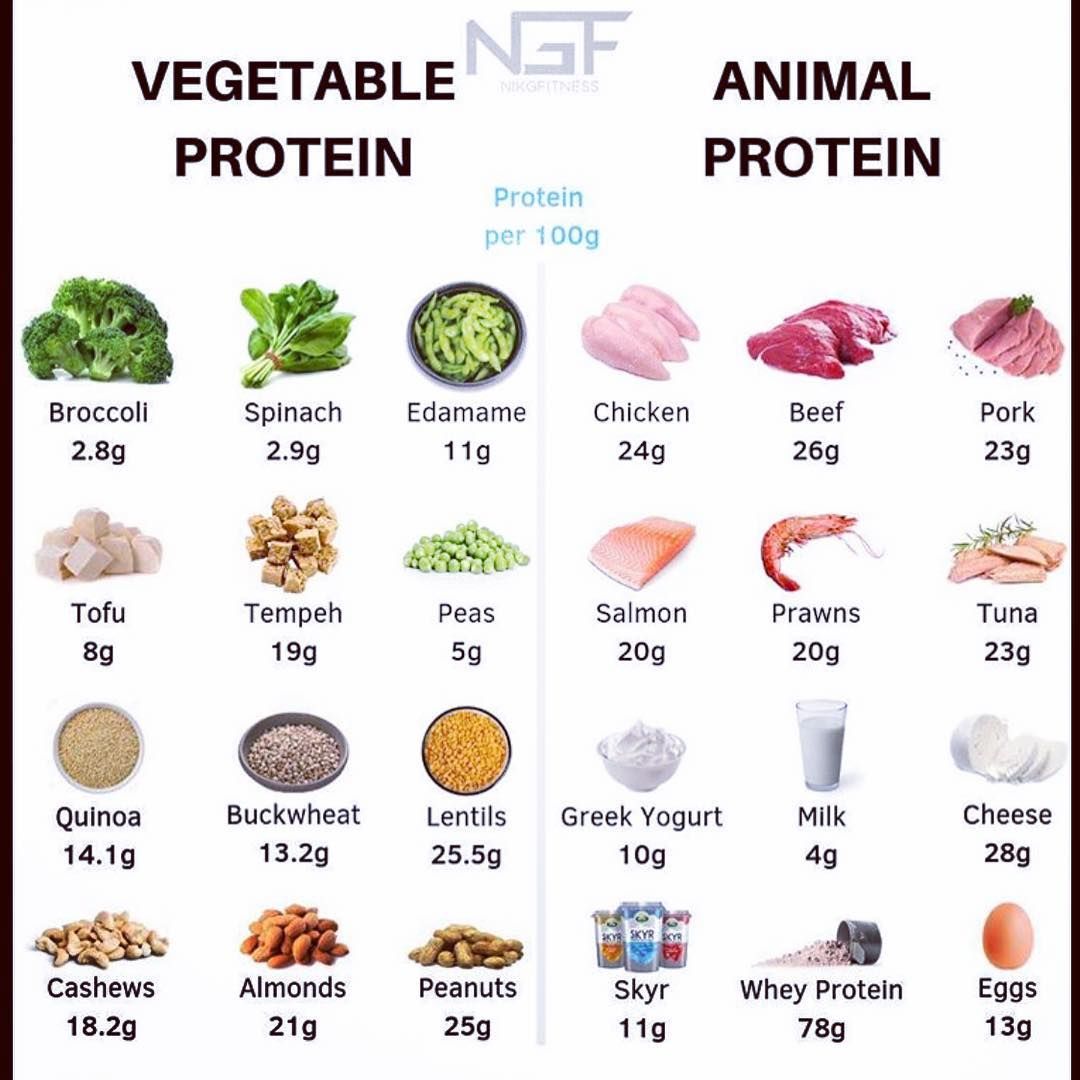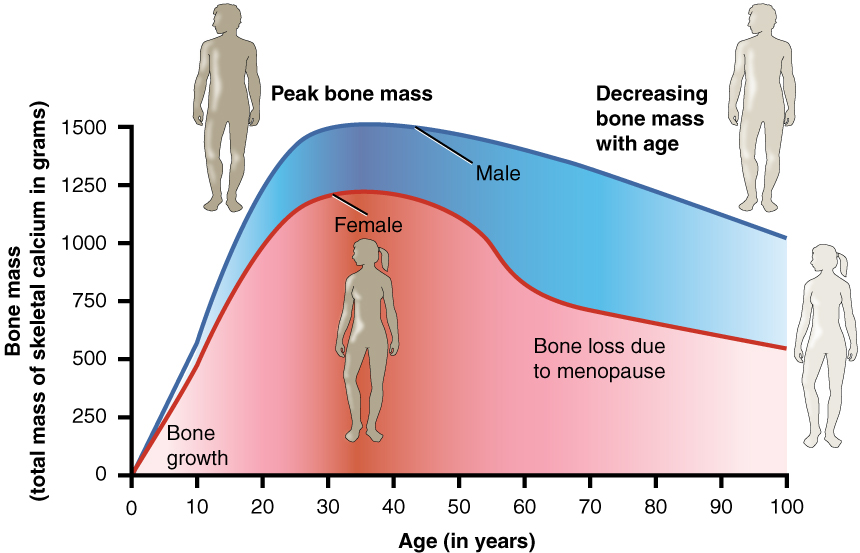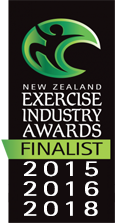October is Menopause Awareness Month. I am passionate about this time in a woman’s life. Firstly, because I am in what you call perimenopause right now and I want to understand what is happening to me and what I can do to help me through this phase that can last for 10 years. Secondly, through my work I want to help women navigate this transition with ease so they can thrive as they move into the next chapter of their lives.
Coming into it I didn’t know a lot about menopause or what to expect. My mother and older sister hadn’t talked about it and nor does society in general. Over the last couple of years, I have been researching it and speaking to friends and my clients about their experiences. One thing I have learnt is that no 2 women have the same experience because we are all so wonderfully unique and there are many influencing factors.
However, there are some things common to us all.
It is not a disease or illness, it is normal, a natural transition to a new part of our life.
It is a time of recalibration for our bodies and brain
It is temporary, you will get through this but it can take 10 years.
There are many symptoms that affect us all differently
I feel that our attitude and beliefs and those of society affect how we as women approach menopause.
A quick google search of “Menopause” and the images that pop up are of women looking in distressed, uncomfortable and sad. The perception is that it is something to fear and not going to be a good time. Why can’t those images include smiling, vibrant women ready to embrace a new chapter in their life?
What are your attitudes and beliefs about menopause? Do you fear it? Do you see it as the end of something? Do you see it as a time of struggle? Or do you see this as the beginning of the best part of your life? A time to spread you wings and fly?
So, what is going on? Perimenopause is a sequence of events leading to menopause (Cessation of periods.). During this time, the levels of our sex hormones fluctuate, especially progesterone and estrogen and settle into a new natural post reproductive rhythm. We still need progesterone and estrogen but not in the large amounts we have when ovulating. Our body and brain are recalibrating to this new rhythm and this takes time. It is these fluctuating hormones that cause us to have our own private summers, broken sleep, sore joints, discovering that our favourite jeans don’t fit anymore, mood swings, heavier periods, brain fog and more.
This is one of the reasons why you can go from being happy to wanting to kill someone in less than a minute, forget when you parked your car or suddenly feel like it is 40C (which can be useful in a Christchurch winter). This can be scary and confusing for women but don’t worry you are not going crazy or getting early Alzheimer’s, it is your fluctuating hormones. Think of it instead as a 2nd puberty, the other book end on our reproductive years. If you are around teenagers, you will be familiar with the impact changing hormones are having on them (and you!). Like puberty these symptoms are not permanent, they will pass as your body and brain finds its new equilibrium. Unfortunately, if you are experiencing some of these symptoms, it is not a lot of fun and can have a big impact on your daily life. The good news is there are lifestyle changes you can make to help reduce them.
With that in mind, is this a good time to ask yourself what needs to change? Use it to address some of those things you could change and deep down know that you should.
What is your vision, 5, 10, 20 years from now?
What are you doing? What do you feel?
How do you want to live your life?
This is your window of opportunity to make small changes so they don’t become big health problems later in life and you get to enjoy all those fabulous years ahead of you.
I have chosen to embrace it. After I started experiences night sweats and tingling in my hands, I have made some lifestyle changes that will help me have a smoother transition through perimenopause. Though the mood swings are still there – my poor family! I am excited about living the years ahead of me as a strong, healthy and vibrant woman.
Step through that window and fly, like a beautiful butterfly emerging from its chrysalis.

If you would like some guidance or just want to chat about menopause please do reach out.
Jane Williams
Phone: 021 2727 003
Email: jane@advancedfitness.co.nz
References: Dr Lara Briden, Hormone Repair Manual, 2021 Edition







